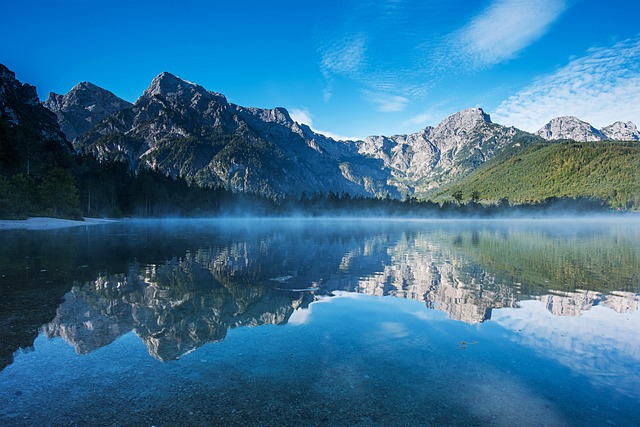Key Attractions in Salzburg
-
Tourism in Austria

Salzburg: The Birthplace of Mozart and a UNESCO World Heritage Site
Salzburg, a picturesque city nestled in the heart of Austria, is renowned for its baroque architecture, rich musical heritage, and…
Read More »